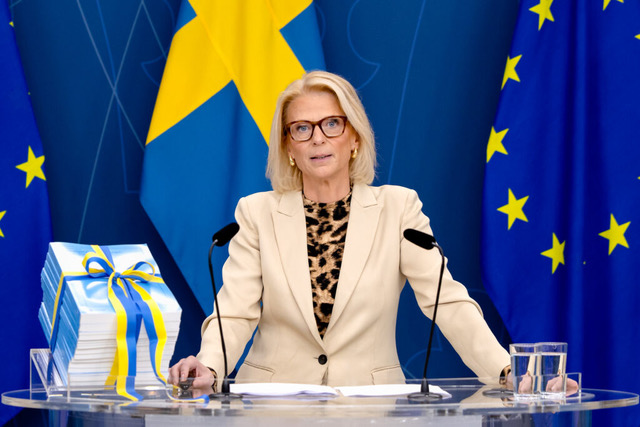Investments in infrastructure, research, and skills supply. Several promising reform announcements for a stronger mining and minerals industry when the government presented the budget on Thursday, September 19.
The Swedish government is investing SEK 1 171 billion in infrastructure in the autumn budget, an increase of over 20% compared to the current framework. The funds will be used to improve existing infrastructure and to build new infrastructure to increase capacity and accessibility. An extra SEK 15 billion for road and rail maintenance between 2025 and 2027 is also a welcome investment.
- The fact that infrastructure is given a central part of the budget is an important signal and a positive message. Parts of the Swedish transport system is currently putting a stop to expansion plans and thus the climate transition. We also welcome the fact that the budget specifically highlights the Ore Line and the importance of testing alternative financing and organizational methods for a faster expansion, says Maria Sunér, CEO of Svemin.
Research will also play a prominent role in the upcoming budget. For 2028, a total of SEK 6.5 billion is allocated, which is the largest increase ever in a research bill.
- Sweden must be at the forefront of technological development if we are to maintain and strengthen the international competitiveness of our industry. It is therefore important that the initiative promotes collaboration between business and academia. We hope that it covers the entire value chain in the mining and minerals sector, as the role of raw materials in the green transition and our geopolitical situation make this necessary,” says Maria Sunér.
Svemin also welcomes the fact that the government is setting up an inquiry to ensure efficient use of resources in higher education to meet the needs of the labor market.
- “It is crucial that the resources allocated to education are used effectively. A better adapted education system will create new jobs and a strong industry, which is crucial for Sweden's prosperity and competitiveness,” says Maria Sunér.

